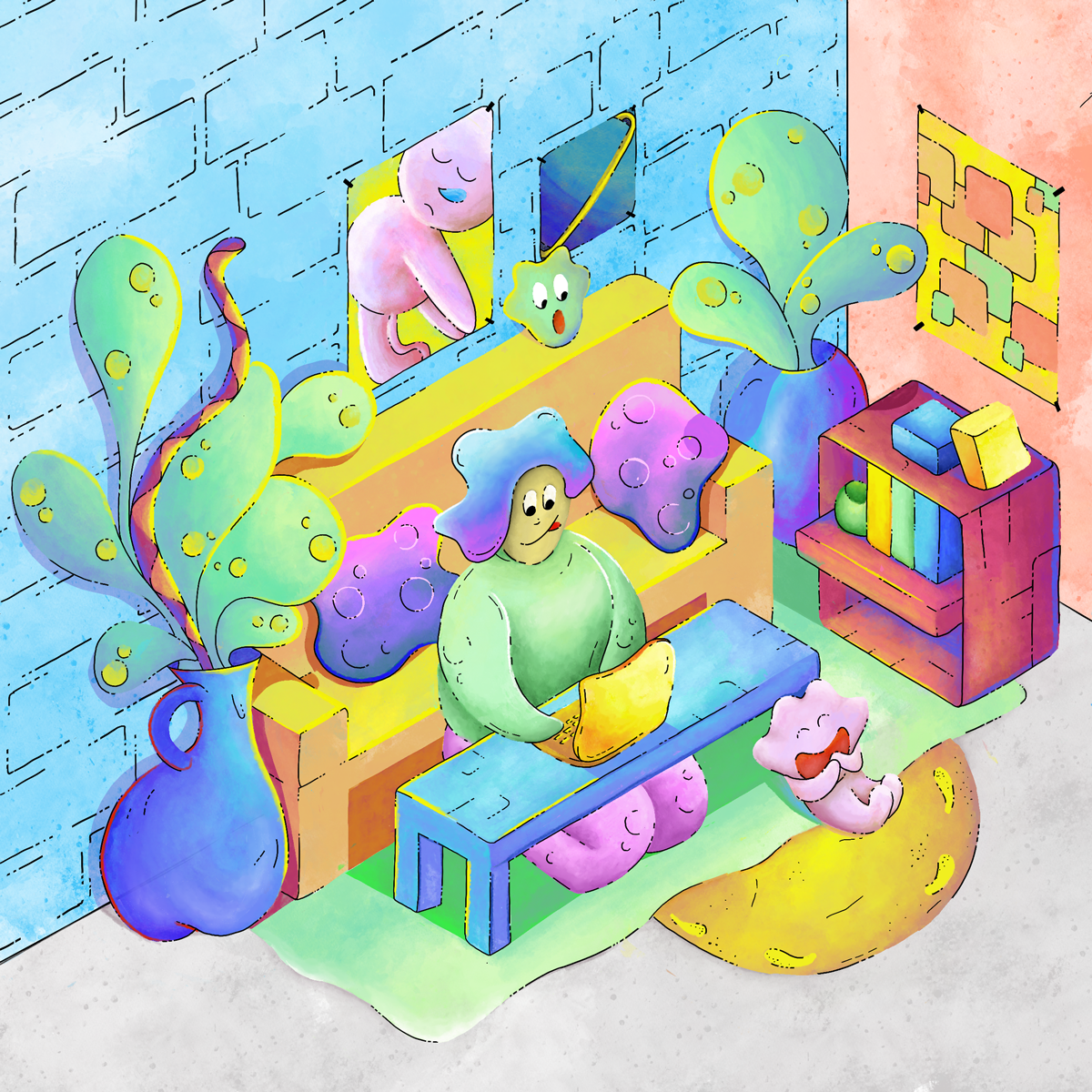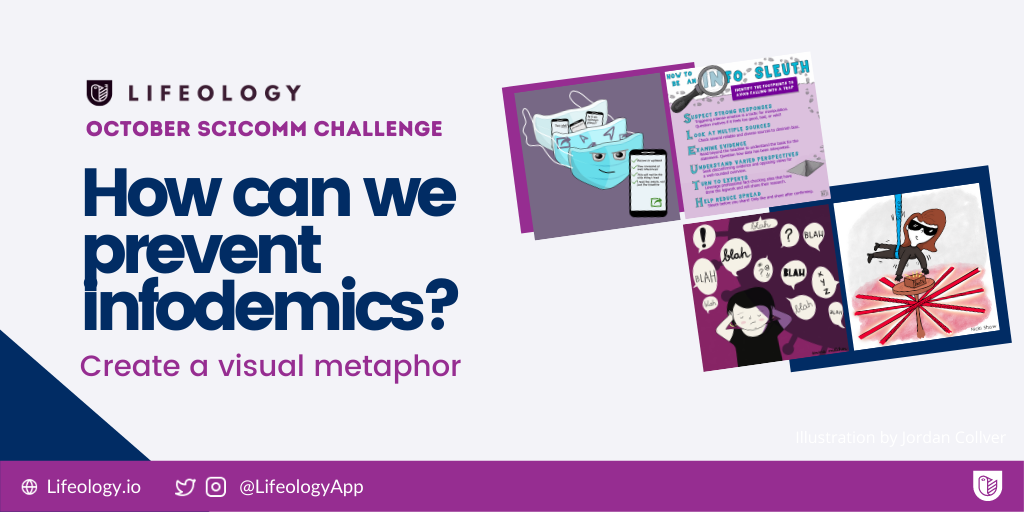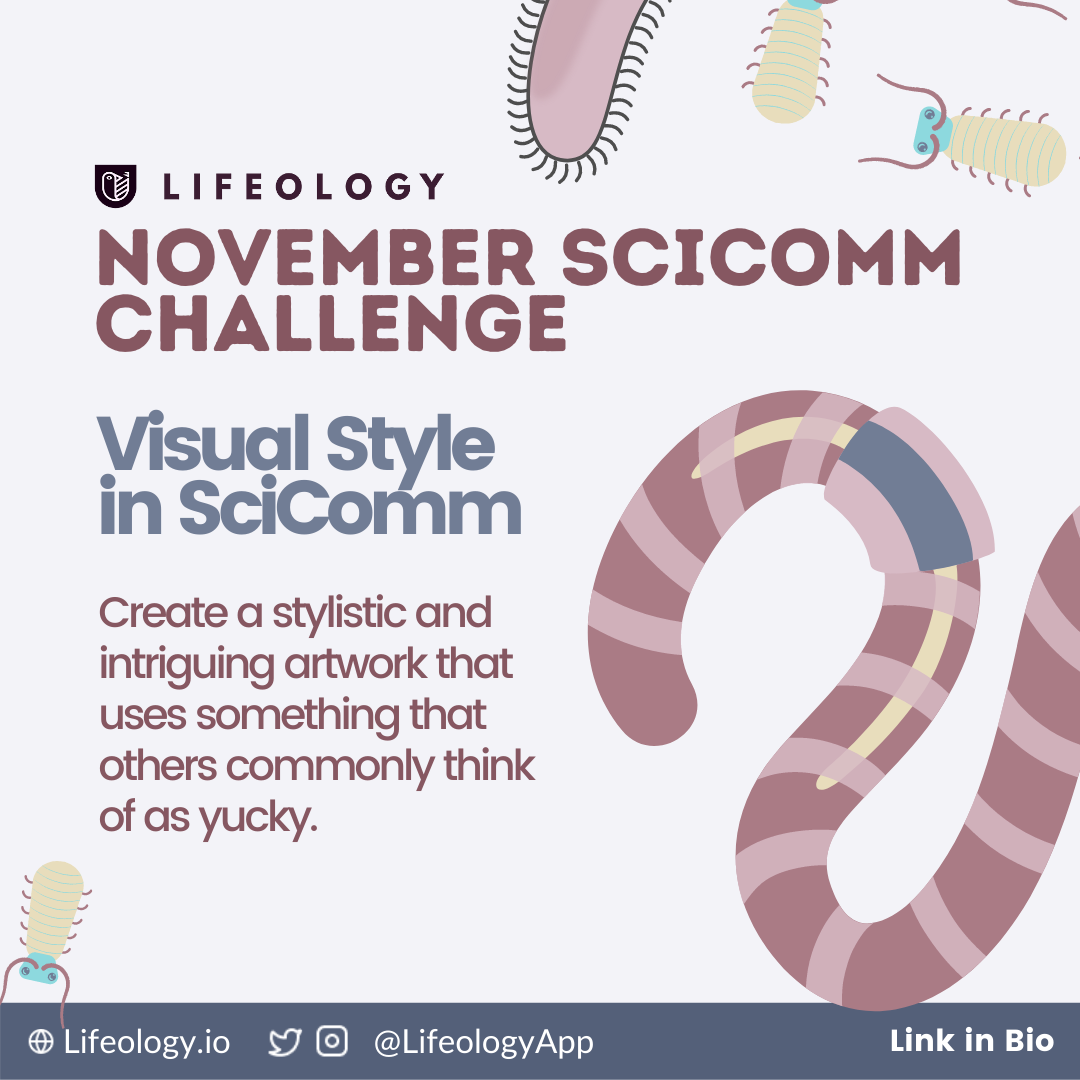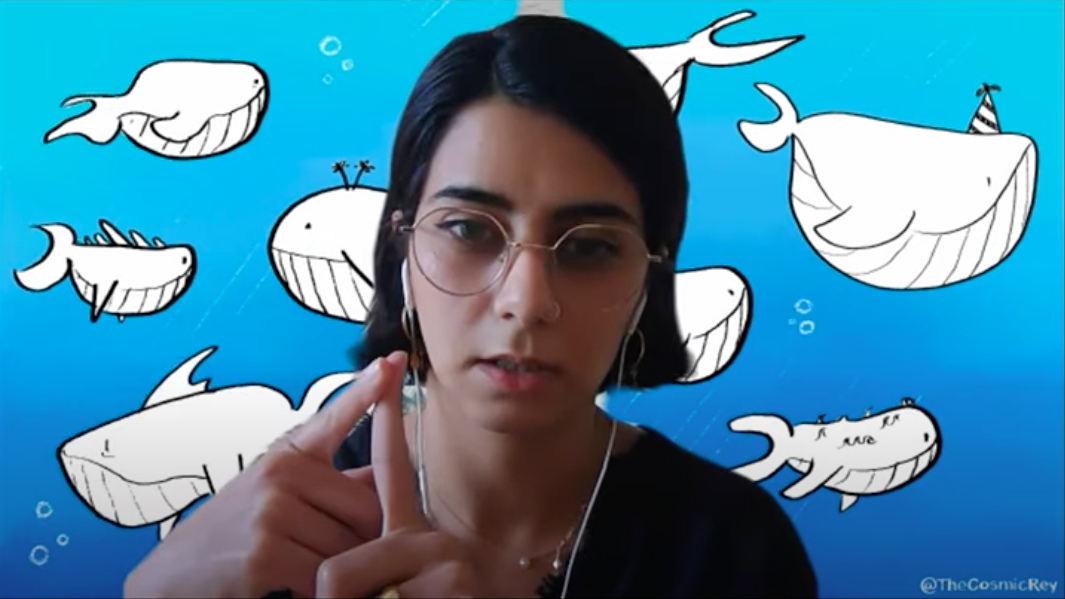Lifeology is about to launch the 10th installment of their monthly Science Communication challenge, and the challenge for February might be the most exciting one yet!
As Lifeology’s SciComm challenges hit double figures this month, here’s a quick recap of our previous installments:
May 2020 – Science Comics
June 2020 – Infographics
July 2020 – Science Poetry
August 2020 – COVID Drawing
September 2020 – Science Art Collaboration
October 2020 – Draw Everyday
November 2020 – Data Visualization
December 2020 – Describe Your Science Career
January 2021 – Creativity In Science
February 2021 – Science Games!!
That’s right – our February SciComm challenge is about creating your own science game!

The Room – @AnosmicIris
When I was at school, there wasn’t much creativity in the way we were taught about science – it was all details to be memorised, tightly scoped experiments and pre-planned results. But a growing body of research is innovating the way we think about teaching science, to kids and adults alike. It plays off of the idea that the best way to learn is to have fun, to learn without realizing you’re learning.
Science games have been found to promote “higher cognitive gains and better attitudes toward learning compared to traditional teaching methods” (Vogel et al. 2006). Importantly, this research also showed that the learning benefits from games disappeared when “teachers controlled the programs, [or] the computer dictated the sequence of the program.” These results point to the idea that self-directed learning through games or interactive activities are vital for teaching STEM.
The reason behind this result is that games promote something called meta-cognitive strategies – ways for players to overcome in-game challenges and develop their problem-solving skills (Ridley et al. 1992). Look for our next blog post on Science Games for more details about meta-cognitive strategies.
At Lifeology, we’re all about improving the communication and teaching of STEM through interactive and innovative ways (such as our illustrated short flashcard courses on various scientific topics). This is why our February SciComm challenge is on creating your own science game or interactive activity!
February SciComm Challenge
Task:
Create a prototype for your own science game or interactive activity. You might also include things like game description, instructions, objectives, visuals, etc.
Prize:
$500 cash prize to go towards the further development of your game idea.
Judging Criteria:
Selected Lifeology community members will judge the science game entries based on the following criteria, in order of importance:
- Creativity/Innovation
- Fun
- Educational Value
- Visual Appeal
Submission:
To officially be part of this challenge, submit your game prototype to Lifeology@lifeomic.com by midnight on February 28, 2021. We will feature your science games in a round-up blog post at the end of the month!





